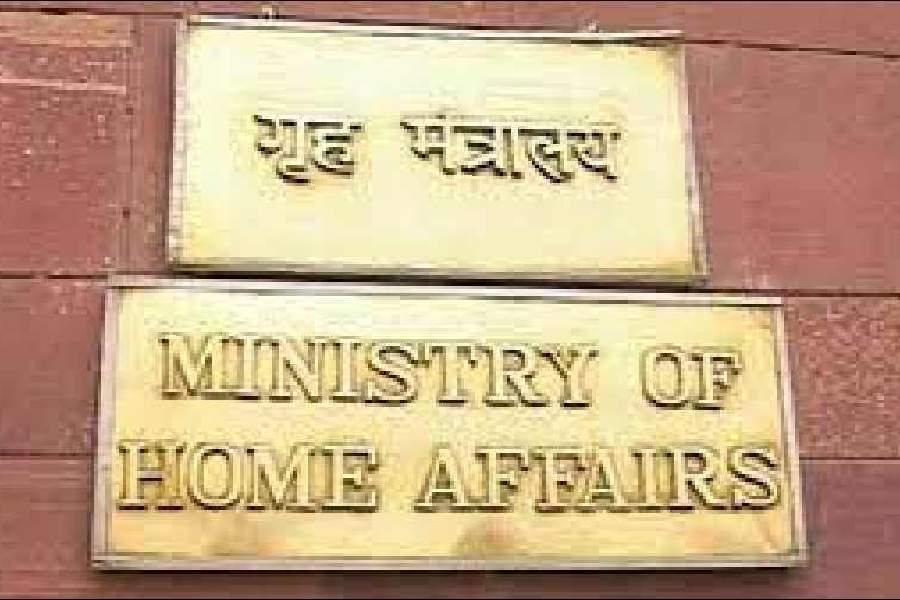The Supreme Court on Wednesday issued a slew of directions to the states and Union Territories to take action against drug manufacturers who make misleading claims in advertisements promising to cure diseases.
The directives include initiation of criminal cases, setting up of grievance redress cells within two months and appointing gazetted-rank officers within a month.
The grievance redress cells can be in the form of a special telephone helpline or email services where people can lodge complaints relating to such misleading ads and magical cures, a bench of Justice Abhay S. Oka and Justice Ujjal Bhuyan said in an order.
The bench passed the order while dealing with a petition filed by the Indian Medical Association (IMA) alleging misleading claims by yoga practitioner Ramdev-promoted Patanjali group.
Patanjali had earlier tendered an apology and assured not to repeat the mistake. However, at the earlier hearing the Apex court had also turned the beam light on the IMA president R V Ashokan for making contemptuous remarks against the top court after it decided to turn the “beam” on allopathic doctors for prescribing expensive and unnecessary medicines to patients. Ashokan too had tendered an apology thereafter.
On Wednesday, Justice Oka, who was heading the bench, noted that despite several orders and directives, the governments in most states and UTs continued to be lax in implementing the Drugs and Magic Remedies Act, 1954.
“We note the 1954 Act is more than 70 years old but unfortunately there is no implementation of the Act. We are of the view that it is necessary for states to create a mechanism for implementation of the Act,” the bench said while passing the directions.
Following are some of the key directions:
• States shall create grievance redress mechanisms to enable the public to lodge complaints about objectionable advertisements which are prohibited under the 1954 Act
• The grievance redress mechanism may provide for enabling the public to lodge complaints either on a toll-free number or emails to be created within two months for which wide publicity should be given
• Upon receipt of a complaint, the authorised gazetted-rank officer empowered under Section 8 (1) of the Act shall investigate and, if necessary, set the criminal law in motion by lodging an FIR with the jurisdictional police station
• States to take steps to sensitise the police machinery through the police training academy for strict implementation of the Act
• States to take steps within one month to appoint the requisite number of gazetted officers for implementation of the act in letter and spirit
• The National Legal Services Authority to take up sensitisation programmes on the harmful effects of misleading advertisements.










